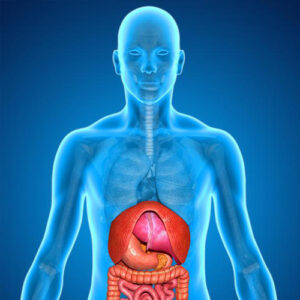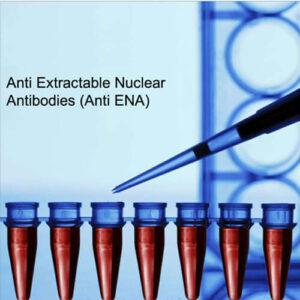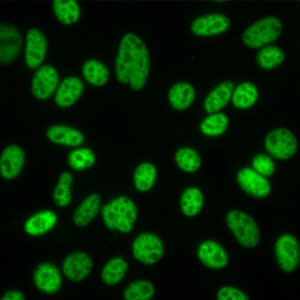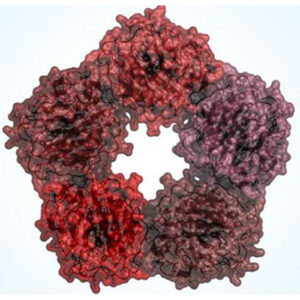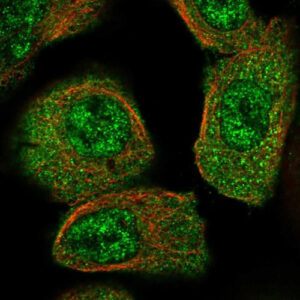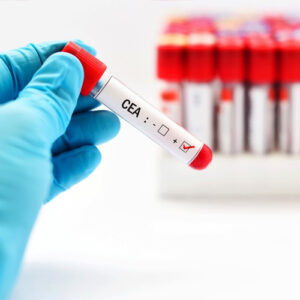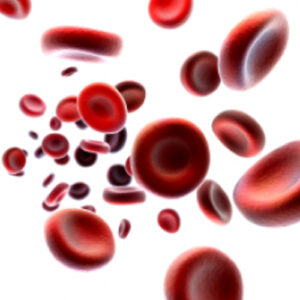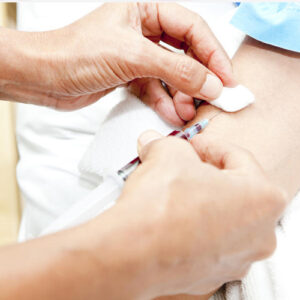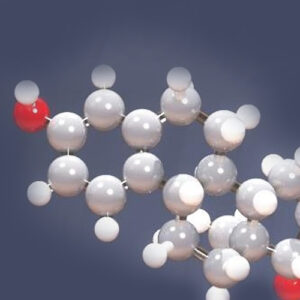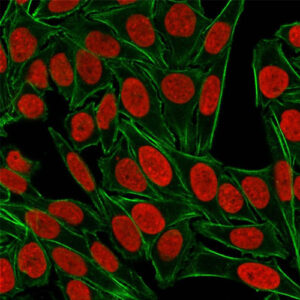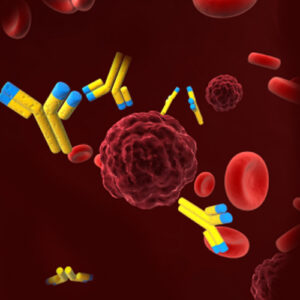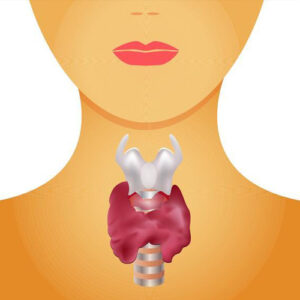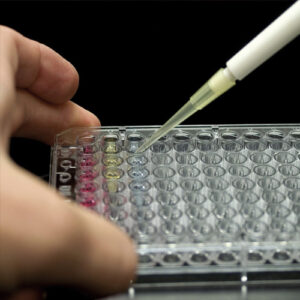Individual Testing
24-7 Labs offers a wide variety of Individual Testing services designed to empower you with personalized health insights. Whether you need routine screenings, wellness tests, or specific diagnostic panels, our individual testing options cover a broad spectrum of health concerns to help you stay informed and proactive about your well-being.
Our offerings include blood tests, hormone panels, allergy screenings, infectious disease testing, and more. These tests are designed to be easy to order online and simple to complete, with options for at-home sample collection or visits to local collection centers. Our accredited labs provide fast, accurate, and confidential results to support your health decisions.
Individual testing with 24-7 Labs is perfect for those who want to monitor their health regularly, manage chronic conditions, or address specific symptoms. We prioritize convenience, accuracy, and privacy, ensuring you receive trustworthy information with minimal hassle.
Our expert customer support team is available to guide you through the testing process and help interpret results, making it easier to work with your healthcare provider on personalized care plans.
Explore the Individual Testing category at 24-7 Labs today to take control of your health with reliable and accessible diagnostic testing services tailored just for you.
-
- Individual Testing
Amylase, Serum
- $39.00
- Aids in the diagnosis and monitoring of acute pancreatitis or other disorders involving the pancreas.
- Add to cart
-
- Individual Testing
Anti-extractable Nuclear (A/g)
- $149.00
- Evaluates an individual’s symptoms related to SLE and mixed connective tissue disease.
- Add to cart
-
- Individual Testing
Antinuclear Antibody (ANA)
- $79.00
- Used to evaluate an individual for autoimmune disorders that affect tissues and organs in the body. Commonly used to diagnose systemic lupus erythematosus (SLE).
- Add to cart
-
- Individual Testing
C-Reactive Protein (CRP)
- $60.00
- Detects inflammation and evaluates an individual for acute or chronic inflammatory conditions such as arthritis, inflammatory bowel disease, or bacterial and fungal infections.
- Add to cart
-
- Individual Testing
Cancer Antigen 125 (CA 125)
- $109.00
- Most commonly used to monitor the treatment of ovarian cancer as well as help detect early ovarian cancer in women identified as high risk.
- Add to cart
-
- Individual Testing
Candida virus A/b IgG
- $119.00
- Detects a fungal infection and antibodies related to Candida albicans.
- Add to cart
-
- Individual Testing
Carcinoembryonic Antigen (CEA)
- $89.00
- Monitors treatment of individuals diagnosed with cancer. Testing is usually required before treatment begins, then utilized to measure response to treatment and whether the cancer has progressed or recurred.
- Add to cart
-
- Individual Testing
Celiac Disease A/B Screen
- $159.00
- Monitor and diagnose celiac disease. Useful to assess the effectiveness of a gluten-free diet.
- Add to cart
-
- Individual Testing
Coenzyme Q10
- $109.00
- Measures the level of coenzymes in the blood. May also be used in cancer and heart disease screenings and monitor Alzheimer’s or Parkinson’s Disease.
- Add to cart
-
- Individual Testing
Complete Blood Count (CBC)
- $40.00
- Measures and evaluates the white blood cells (leukocytes), red blood cells (erythrocytes), and platelets (thrombocytes) that circulate in the blood. This test is useful in helping diagnose conditions such as anemia, infections, leukemia, and bleeding disorders.
- Add to cart
-
- Individual Testing
Comprehensive Metabolic Panel (CMP)
- $39.00
- Measures the levels of electrolytes in the body as well as the function of the liver, kidneys, and inherently provides the status of an individual’s metabolism. A screening tool for diabetes, liver disease, kidney disease and hypertension.
- Add to cart
-
- Individual Testing
Cortisol
- $69.00
- Helps diagnose Cushing syndrome and Addison disease.
- Add to cart
-
- Individual Testing
Cyclic Citrullinated Peptide Antibody (CCP)
- $149.00
- Helps in diagnosing Rheumatoid Arthritis (RA) and distinguish RA from other forms of arthritis or conditions with similar symptoms.
- Add to cart
-
- Individual Testing
Estradiol
- $85.00
- Measures the amount estradiol in the blood, evaluates ovarian function, assesses the cause of abnormal vaginal bleeding, abnormal menstrual periods, and infertility. Commonly test for women’s wellness to detect hormone imbalance and symptoms related to menopause.
- Add to cart
-
- Individual Testing
Estrogen, Total
- $89.00
- Monitors estrogen levels and detects deficiency or excess to diagnose conditions associated with imbalance.
- Add to cart
-
- Individual Testing
Extractable Nuclear Antigen Antibodies (Anti- SSA, Anti- SSB)
- $149.00
- Helps diagnose and distinguish between autoimmune disorders. Testing usually follows a positive ANA test when the individual exhibits symptoms related to an autoimmune disorder.
- Add to cart
-
- Individual Testing
Ferritin
- $40.00
- Assesses iron stores in the body. In conjunction with other iron testing this test is useful for detecting iron deficiency or iron overload. Testing is utilized to assess symptoms related to iron deficiency anemia. Symptoms include weakness, dizziness, headaches, chronic fatigue, and pale skin. Fasting may be required before testing
- Add to cart
-
- Individual Testing
Fibrinogen
- $189.00
- Evaluates the level and function of fibrinogen in relation to possible bleeding disorders, abnormal bleeding disorders, abnormal fibrinolysis, and sometimes used to determine an individual’s overall risk of developing cardiovascular disease. Two types of testing are commonly used to evaluate Fibrinogen. Fibrinogen Activity: Measures the ability and function of fibrinogen to convert into insoluble fibrin. Fibrinogen Antigen: Determines if decreased…
- Add to cart
-
- Individual Testing
Follicle-stimulating Hormone (FSH)
- $70.00
- In conjunction with other hormone testing the FSH test evaluates the cause of infertility issues, helps diagnose conditions associated with the dysfunction of reproductive organs (ovaries or testicles), and aids in the diagnosis of pituitary or hypothalamic disorders.
- Add to cart
-
- Individual Testing
Free Thyroxine (Free T4)
- $39.00
- Evaluates the thyroid gland function and helps diagnose hyperthyroidism and hypothyroidism. Useful in monitoring treatment of an individual with a known thyroid disorder.
- Add to cart
-
- Individual Testing
Free Triiodothyronine (Free T3)
- $99.00
- Evaluates the thyroid gland function and helps diagnose hyperthyroidism. Useful in monitoring treatment of an individual with a known thyroid disorder.
- Add to cart
-
- Individual Testing
HLA-B27 Antigen
- $169.00
- Assess autoimmune disorders with the presence of HLA-B27. Helps confirm the diagnosis of ankylosing spondylitis and reactive arthritis.
- Add to cart
-
- Individual Testing
Homocysteine, Plasma
- $89.00
- This test can be used to evaluate deficiency of vitamin b12 or folate, assess the risk of heart attack or stroke, and diagnose homocystinuria.
- Add to cart
-
- Individual Testing
Immunoglobulins (IgA, IgG)
- $149.00
- Evaluates an individual’s immune system status and detects levels of excess or deficiency. Also, used to evaluate autoimmune conditions.
- Add to cart

